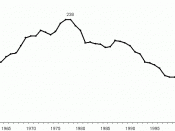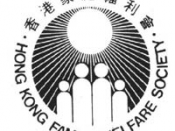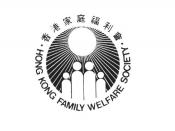Of the many chatted words in the social reform vocabulary of Canadians today,
the term workfare seems to stimulate much debate and emotion. Along with the
notions of self-sufficiency, employability enhancement, and work
disincentives, it is the concept of workfare that causes the most tension
between it's government and business supporters and it's anti-poverty and
social justice critics. In actuality, workfare is a contraction of the
concept of 'working for welfare' which basically refers to the requirement
that recipients perform unpaid work as a condition of receiving social
assistance.
Recent debates on the subject of welfare are far from unique. They are all
simply contemporary attempts to decide if we live in a just society or not.
This debate has been a major concern throughout history. Similarly, the
provision of financial assistance to the able-bodied working-age poor has
always been controversial.
On one side are those who articulate the feelings and views of the poor,
namely, the Permissive Position, who see them as victims of our society and
deserving of community support.
The problems of the poor range from personal
(abandonment or death of the family income earner) to the social (racial
prejudice in the job market) and economic (collapse in the market demand for
their often limited skills due to an economic recession or shift in
technology). The Permissive View reveals that all participants in society are
deserving of the unconditional legal right to social security without any
relation to the individual's behaviour. It is believed that any society which
can afford to supply the basic needs of life to every individual of that
society but does not, can be accused of imposing life-long deprivation or
death to those needy individuals. The reason for the needy individual being
in that situation, whether they are willing to work, or their...


